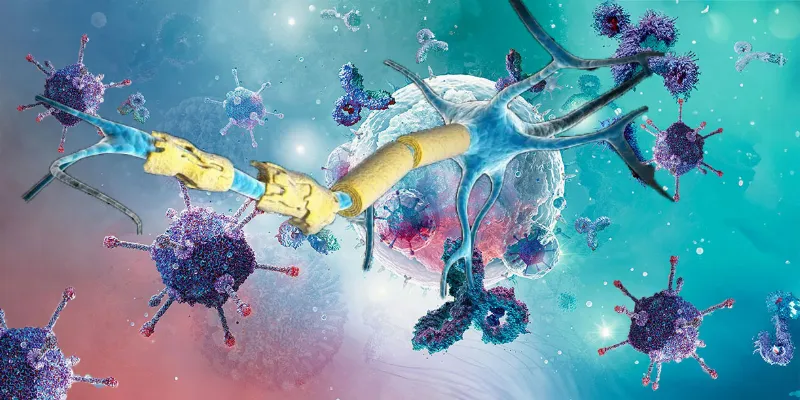Large Genetic Research Promises New Pathways for Migraine Treatment

27 October 2023
A groundbreaking international study has identified new genetic pathways linked to migraines. Analyzing data from 1.3 million individuals, the research highlighted distinct genes related to different migraine subtypes. These findings offer the potential for tailored treatments and reveal protection against migraines by certain rare genetic variants.
The research, spearheaded by deCODE Genetics in Iceland, a subsidiary of Amgen Inc and published in Nature Genetics, scrutinized the genetic data of over a million individuals. Notably, 80,000 of these participants reported experiencing migraines. By examining sequence variants linked to the primary migraine subtypes - migraine with aura (often termed classical migraine) and migraine without aura - the scientists have drawn attention to distinct genes influencing one subtype over the other.
Migraine is among the most common chronic pain disorders worldwide, affecting up to 20% of adults. Although recent advances in the study of migraine genetics and underlying biology have led to the development of new treatments effective for many sufferers, they do not work for all types of migraine.
The study's findings are both comprehensive and enlightening:
- 44 genetic variants were associated with migraines, with 12 being newly identified.
- Of these, four were uniquely linked to migraines with aura, while 13 were primarily associated with migraines without aura.
- Three rare variants were of particular interest due to their pronounced effects, suggesting different pathologies for various migraine types. For instance, a rare frameshift variant in the PRRT2 gene considerably increases the risk of migraine with aura and epilepsy but not migraine without aura.
- In the SCN11A gene, recognized for its pivotal role in pain sensation, several rare loss-of-function variants were found to provide protection against migraines. Conversely, a common missense variant in the same gene posed a moderate migraine risk.
- A rare variant connected to the KCNK5 gene was shown to offer significant protection against intense migraines and brain aneurysms. This could either pinpoint a shared pathway between these two conditions or suggest that some early brain aneurysm cases might be misdiagnosed as migraines.
Kari Stefansson, CEO of deCODE Genetics, emphasized the unique nature of this study. He remarked: "What makes our study unique is that it includes large datasets from sequenced individuals enabling detection of rare variants protecting against migraine, potentially opening an avenue for development of novel drug targets"
The collaborative nature of this research is also worth noting. It involved a synergistic effort between deCODE Genetics and several esteemed institutions, including the Copenhagen Hospital Biobank, Danish Blood Bank Study, HUSK study in Norway, the Intermountain Health study in the US, and significant data from the UK Biobank and FinnGen.
Situated in Reykjavik, Iceland, deCODE is at the forefront of human genome analysis and comprehension. Through its unique expertise and vast population resources, the organization has pinpointed genetic risk factors for numerous prevalent diseases. Their overarching goal is to harness this genetic knowledge to devise innovative diagnostic, therapeutic, and preventive measures for these ailments.
Abstract of the research
Rare variants with large effects provide functional insights into the pathology of migraine subtypes, with and without aura
Abstract: Migraine is a complex neurovascular disease with a range of severity and symptoms, yet mostly studied as one phenotype in genome-wide association studies (GWAS). Here we combine large GWAS datasets from six European populations to study the main migraine subtypes, migraine with aura (MA) and migraine without aura (MO). We identified four new MA-associated variants (in PRRT2, PALMD, ABO and LRRK2) and classified 13 MO-associated variants. Rare variants with large effects highlight three genes. A rare frameshift variant in brain-expressed PRRT2 confers large risk of MA and epilepsy, but not MO. A burden test of rare loss-of-function variants in SCN11A, encoding a neuron-expressed sodium channel with a key role in pain sensation, shows strong protection against migraine. Finally, a rare variant with cis-regulatory effects on KCNK5 confers large protection against migraine and brain aneurysms. Our findings offer new insights with therapeutic potential into the complex biology of migraine and its subtypes.











Comments
No Comments Yet!